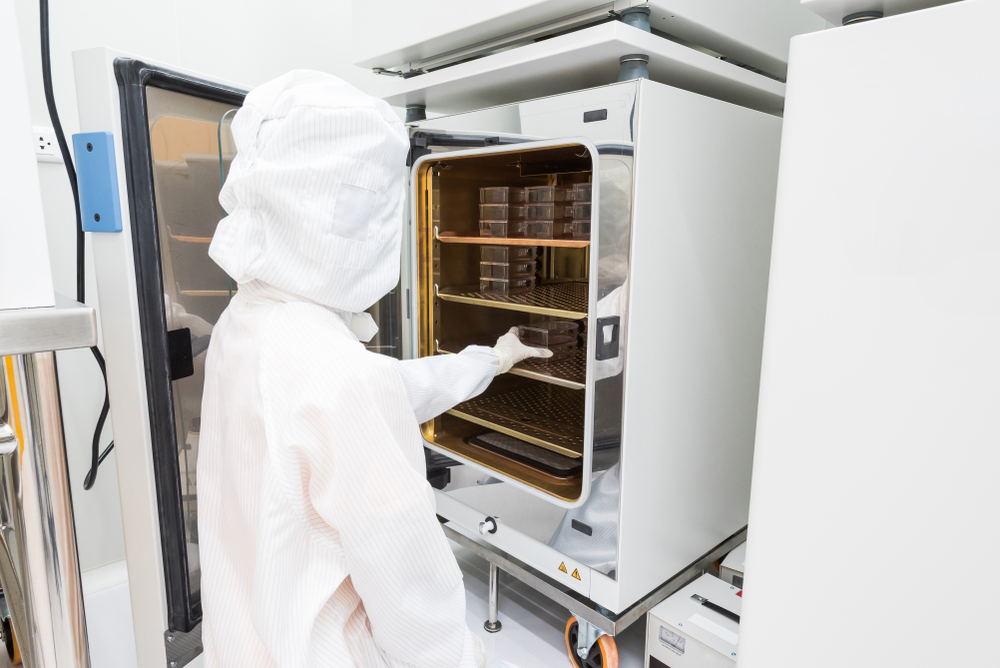Calibration is an important part of maintaining CO2 incubator performance. In fact, it’s critical to maintaining the performance of most lab equipment. So, how often should you calibrate? If you’re properly maintaining the incubator, then you should only need to calibrate a few times per year. However, if not, then we recommend monthly CO2 calibration.
There are several types of incubators in various New York labs. Regardless of the model, features or usage, there are a few important things to know in order to keep your incubator working smoothly. CO2 incubators provide the precise environment for delicate cells and fragile tissue. Therefore, simple calibration should be a priority, to keep yours operating efficiently. Following the calibration procedure, lab equipment certification is imperative to verifying your lab’s legitimacy. Keep reading to discover how often you should calibrate your CO2 incubator, and why it’s essential.
Why it’s Important to Calibrate a CO2 Incubator
- Humidity levels need to be accurate
Similar to an environmental chamber, CO2 incubators rely on specific humidity settings. Cultures contained in your CO2 incubator need the right amount of humidity to remain viable. Humidity will slow the water evaporation in the cultures. Without calibration, you’ll be unaware of level fluctuations. As a result, you can inadvertently damage or kill your growth media. - Temperature readings need to be reliable
The sensors in your CO2 incubator will inevitably become inaccurate over time. Inaccurate temperature readings will result in culture death or slow media growth. Of course, you can prevent this with calibration. - CO2 and O2 readings need to be accurate
Like the previous two, these sensors can become inaccurate over time. CO2 and oxygen levels must remain in perfect balance. This is necessary to replicating the human body’s conditions.
Other CO2 Incubator Maintenance
Of course, a CO2 incubator is an intricate and complex device. Also, they’re essential to your operations. However, maintaining them is fairly simple. In fact, many incubator issues are simply from not closing the door correctly. Ultimately, you may have a state-of-the-art CO2 incubator. However, it will fail without simple maintenance measures like cleaning and replacing certain components.
Disinfecting and Cleaning
Regular cleaning is crucial to prevent contamination within your growth media. Every lab will contain some level of contaminants. (It’s impossible to operate any lab with 0% contaminants present). Thus, maintaining your lab and incubator will limit the chances of impacting your cultures.
Change the Water Tray (and Fill with the Correct Water)
In order to maintain the humidity, your unit needs water in the tray at the incubator’s base. You should change this water regularly. In addition, the type of water you use in the CO2 incubator will matter greatly. The right water is sterile, distilled water. Using tap water, deionized or ultrapure type 1 water won’t contribute positively to your cultures.
HEPA Filter Replacement
Depending on the type of unit, the amount of contaminants, and your quality/frequency of care and maintenance, your HEPA filter should be replaced every six months to a year. Your HEPA filter’s lifespan will depend on how many people use it, the lab’s cleanliness, and the quality of your unit. Therefore, your CO2 incubator’s general upkeep dictates how often you’ll need to replace the HEPA filter.
Conclusion
Choosing the right CO2 incubator for your lab is the first step in successful research. However, regardless of your CO2 incubator model, proper calibration and maintenance will keep your unit in great shape and maintain the quality of your research and development. Additionally, these simple measures will help you to operate a more cost-efficient lab in the long term.
At Cryostar, we help labs throughout the area calibrate and maintain their equipment every day. Ultimately, we do our part to ensure each one of the labs we service has the most functional, efficient equipment possible. As a result, their research remains accurate and the quality of their work flourishes.

| Call for Immediate Lab Services |
|---|
| Long Island, Nassau & Suffolk County Call: 516-333-4006 |
| The Bronx, Manhattan, Brooklyn, Queens, & Staten Island Call: 718-885-0833 |
| Albany & Southern New York State Call: 800-564-5513 |
| Piscataway, Northern & Central New Jersey Call: 800-564-5513 |
| Danbury Connecticut & Surrounding Areas Call: 203-748-7343 |
24/7 Emergency ServiceCall: 1-800-564-5513 |